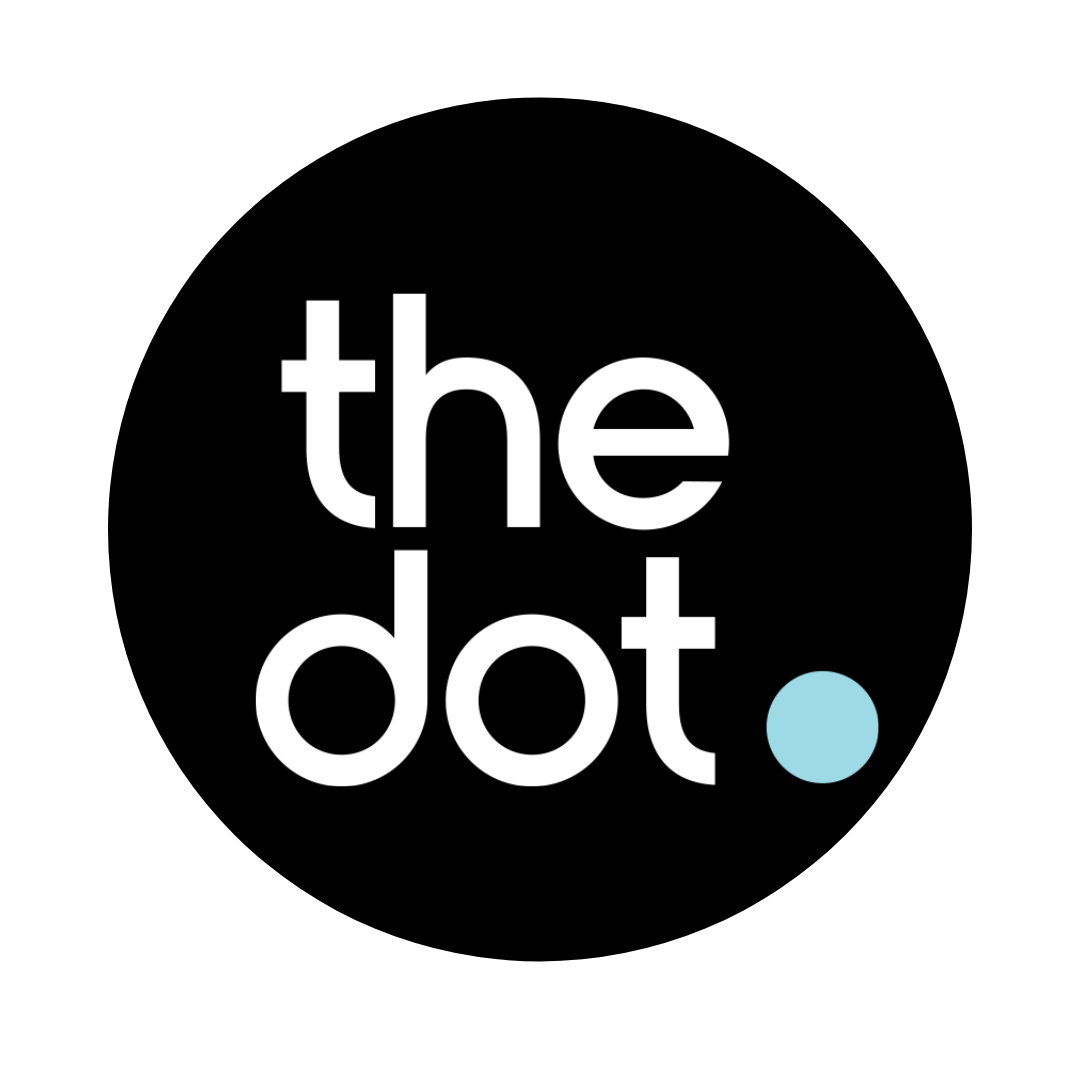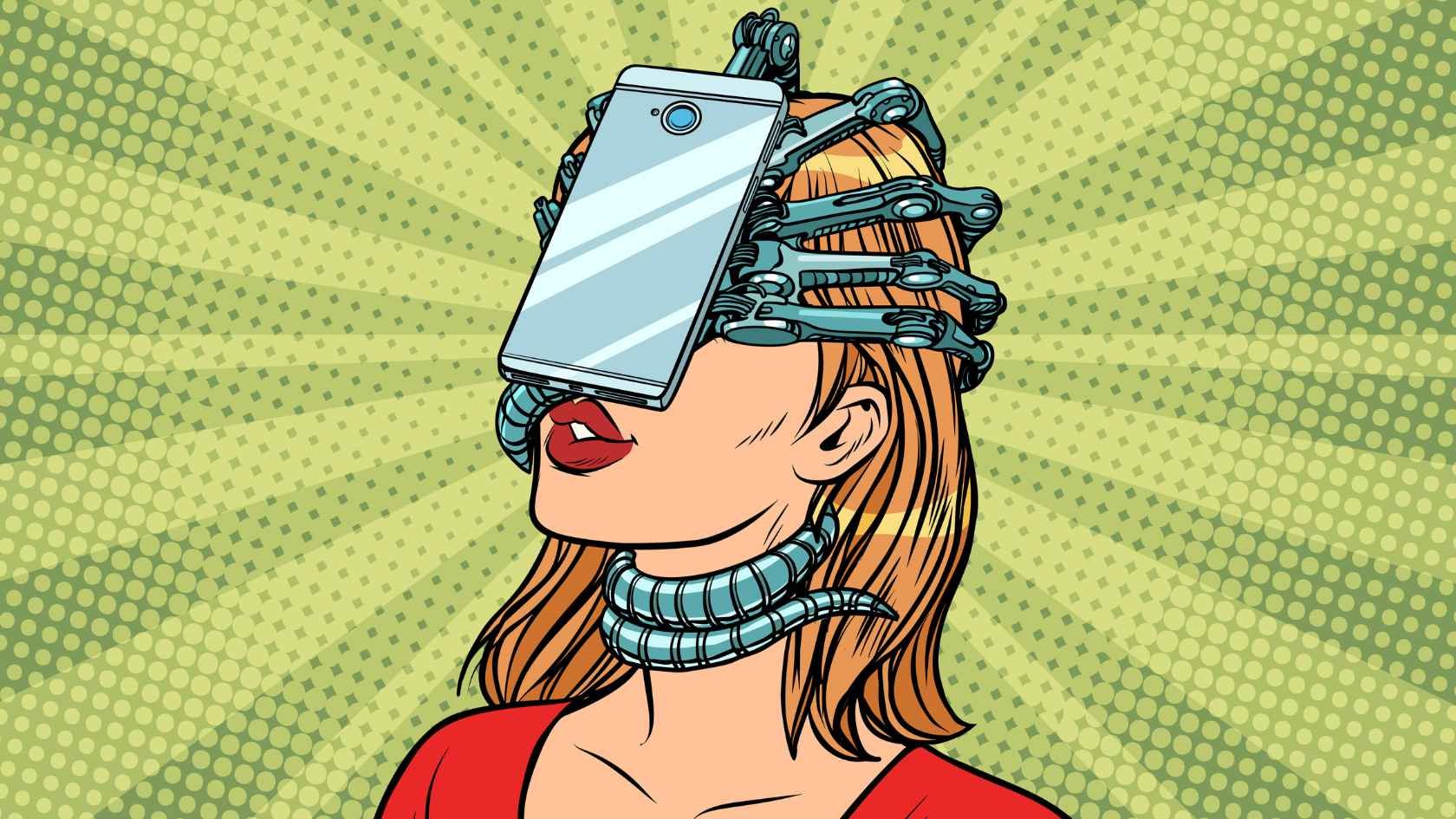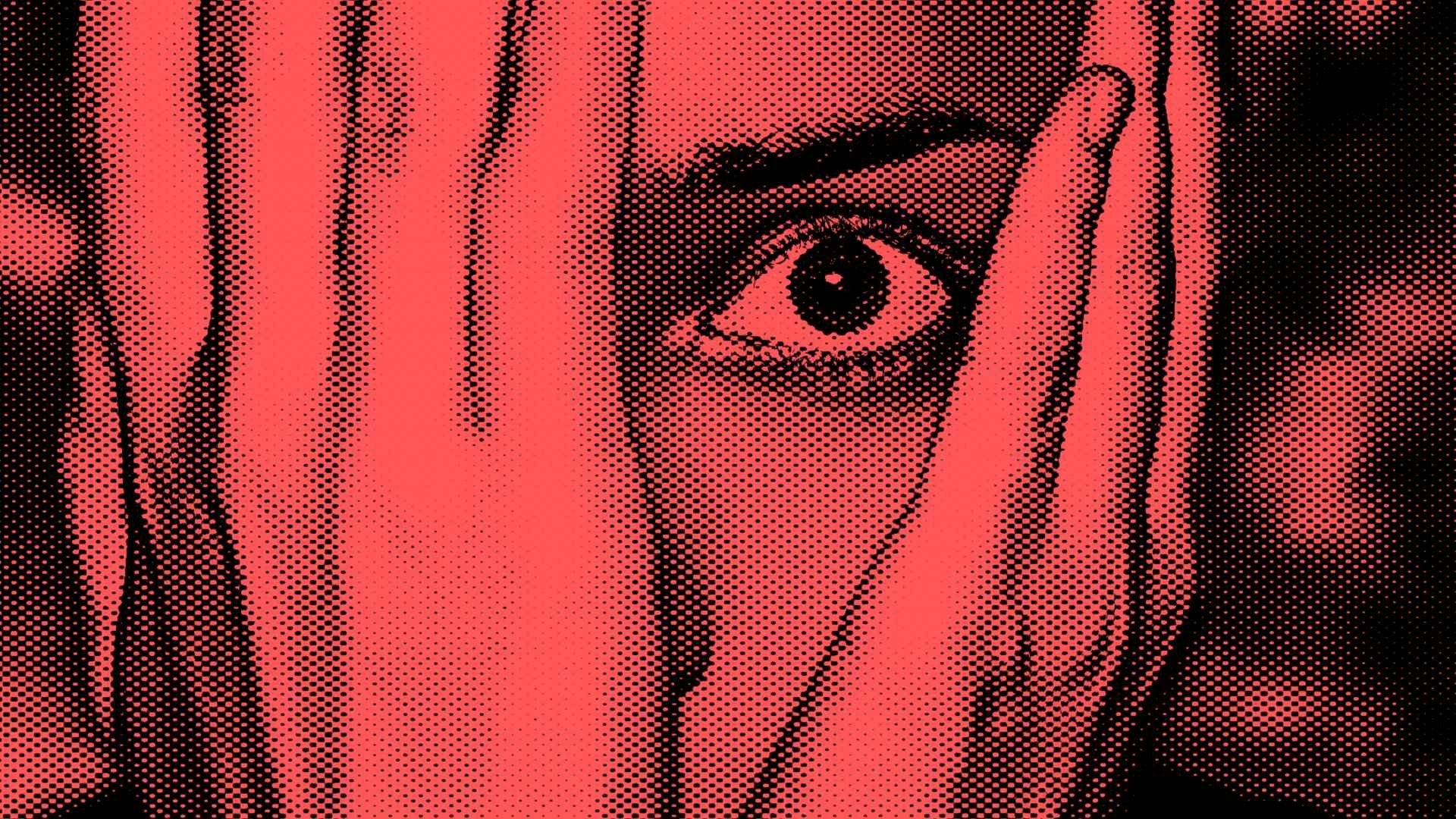
Nutrition Counselling
“ Let food be thy medicine, thy medicine shall be thy food. ”
Hippocrates
The evidence is growing that nutrition and mental health are tied together.
It's widely known that nutrition plays a key role in our physical health. And, it makes sense that what we put in our body would also impact our mental health. Good health describes a condition of optimal well-being. That means the body and the mind, operating in harmony. Both are equally important when defining your health journey. Simply put, a nutritious diet leads to better mental health outcomes.
Of course, the reality of your diet is often more complicated. What, how much, and how often you eat can factor in your behaviour, moods, and thought processes. And, at the same time your mental health can also play a role in the decisions you make regarding your diet. This can become a vicious cycle of mental health challenges that cause physical health issues that can loop back into deteriorating mental health. In fact, studies show that nutrition directly affects our mental and emotional well-being: a poor diet increases one's likelihood of developing depression and anxiety, or intensifying already occurring depression and anxiety.
However, it can be difficult to find a clinic or practitioner that deeply examines the connection between diet and mental health. But… it doesn’t have to be that way.
Our mental health dietitian is trained to help you improve your physical health - which is intertwined with mental health - so you can increase your overall quality of life.
Dietitians are not the same as nutritionists. Nutritionists are not regulated and can indicate a varying level of education, knowledge and expertise.
Whereas, dietitians are highly skilled regulated health professionals that are knowledgeable about nutrition, food, and healthy eating and are constantly researching and learning as this growing field keeps expanding. All dietitians have earned a Bachelor’s degree specializing in food and nutrition and have completed supervised practical training through an accredited university program, hospital or community setting. Dietitians are also covered by most health insurance benefits.
When you meet with us, you can ensure that the advice you are getting is reliable and based on the most up-to-date evidence available.
We promise to nurture a space where you feel safe and valued - as you are - so you can explore what you want from your future with no judgment or fear of failure.
Our role is to educate you about proper nutrition and to challenge distorted thoughts about food and attitudes about different body types.
We will work with you to promote gradual improvement, help set up realistic goals, and maintain results. We will help you to deal with the social, mental, and emotional causes of different eating challenges including:
Anxiety
Depression
ADHD
Bi Polar
and other conditions
We also use nutrition to help you manage or alleviate:
Disordered Eating
Binge-Eating
Avoidant-Restrictive Food Intake
and other conditions.
We view counselling as a joint process between you and your counsellor as we work towards a common goal — to empower positive change and improve the quality of your life — both now and in the future.
As mental health care professionals, our purpose is to help you identify your obstacles that are causing anxiety. We promise to serve as your guide, helping you find your path and discover opportunities for growth along the way.
We will look at your current situation more in-depth to help you understand what’s holding you back and what’s causing you to feel so overwhelmed. From there we will get to the heart of your difficulties, make a plan, and help you develop the skills you need so you can better manage or resolve what’s troubling you.
Our goal is that by the end of our sessions you will not only have found relief, but you will feel empowered to boldly grow forward towards the life you want.
Or, let us help you find that right therapist fit.
The form takes less than 60 seconds to complete, and we’ll reach out with a couple of options for a free 20 minute consultation.
Online Therapy Guide
It’s important to acknowledge that you might be feeling extra stress at the notion of starting therapy. This is completely normal and a sign that you care about your mental health. The best way to relieve your worry is to prepare ahead of time. That’s why we’ve created our FREE Online Therapy Guide and put together some helpful tips so you can see whether online therapy is right for you.




























